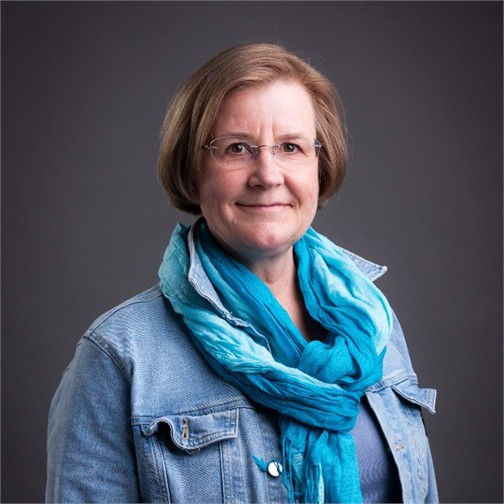RUN-EU alliance promotes gender equality and community diversity
HAMK is a member of the European Higher Education Alliance, RUN-EU. Within this network, “ambassador” groups have been established for three themes: equality and diversity, open science, research and innovation. The ambassador activities are a semi-structured way of learning from each other and developing something new together.
HAMK is a member of the European Higher Education Alliance, RUN EU. Within this network, “ambassador” groups have been established for three themes: equality and diversity, open science, research and innovation. The ambassador activities are a semi-structured way of learning from each other and developing something new together.
In practice, ambassadors meet in Teams meetings about once a month. A theme and possible preparations are defined in advance for each meeting, so it is not just a discussion club – of course, there is also room for informal exchange of news and networking between people.
What practical work do ambassadors do?
At the beginning of the year, the gender equality group investigated whether RUN EU universities would have a need or opportunity to collect common background data on the researchers, which would be related to the gender. It was discussed how the role of gender is reflected in different countries and universities. For data protection and other reasons, this joint collection of background information was abandoned. Higher education institutions each have their own practices for data collection; at HAMK, e. g. BI dataset.
The RUN EU PLUS project is working on a common assessment tool for the researcher. It is a set of questions with which people working in different positions in research can evaluate themselves, for example career planning and management; research skills, environment, and management; personal effectiveness, communication skills and networking. The equality ambassadors gave their comments after familiarizing themselves with the tool, first independently and then discussing the views and proposed additions together.
The agenda of the next meeting will include comparing the equality or diversity policies of different HEIs. Personally, I expect a lot from the session: HAMK’s equality and non-discrimination plans will be updated as part of accessibility plan, and it will be eye opening to get a look at the approaches and implementation methods of partner universities. I hope that the next version of our policy will encourage even more to build diversity in the work community than just to eliminate non-permitted or discriminatory practices.
